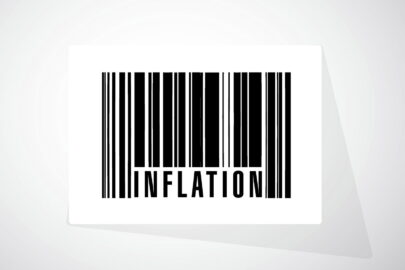Aviva has claimed that over-55s are seeing the benefit of falling inflation as non-essential spending rises and unsecured debt falls.
However, the latest edition of Aviva’s Real Retirement Report – which has tracked personal finances among over-55s before, at and during retirement since 2010 – highlights a 31% rise in mortgage debt among over-55s over the last year.
It also reveals that death or serious illness is growing as a source of concern among over-55s’ about their living standards over the next five years.
Mortgage debt has fallen in the long term by 47% from £70,395 in Q3 2011 to £37,036 in Q3 2015. However, it has increased over the last year by 31% from the £28,318 recorded in Q3 2014, which may be a sign of the interest-only mortgage repayment issue facing some over-55s.
Credit card debt remains the most common form of unsecured debt among over-55s. However, the proportion with this kind of debt has fallen from 36% in Q3 2011 to 29% in Q3 2015. The average amount owed on a credit card has also fallen in the same period by 27% from £916 to £668.
Average personal loans have also fallen by 33% in the past four years from £677 in Q3 2011 to £456. Borrowing from family and friends has fallen 15% from £128 to £109 and overdraft debt by 13% from £157 to £137 in the same period.
Typical (median) monthly income for over-55s increased by 5% over the past year from £1,317 to £1,378 in Q3 2015, and by 26% compared to Q3 2011, when the typical income was £1,091.
Compared with Q3 2011, over-55s are spending 47% more on entertainment and holidays per month, 42% more on eating out or takeaways and 26% more on clothing and footwear. However, spending fell on motoring by 1%, debt repayments by 3% and cigarettes and tobacco by 13% over this period.
Over-55s are spending more on most types of expense compared to a year ago, with the only exception being fuel and light where over-55s spent £4 less in Q3 2015.
Since Q1 2011, there has been significant increases in essential areas of monthly expenditure such as food (up 9% from £182 to £198) and travel (up 4% from £28 to £29), as well as a 50% rise in spending on entertainment, recreation and holidays (from £56 to £84).
However, over-55s have also increased the typical amount saved per month to £206 in Q3 2015, up by 67% from £123 in Q3 2011. Compared with 12 months ago, over-55s saved £10 more per month in Q3 2015 (vs. £196 in Q3 2014).
